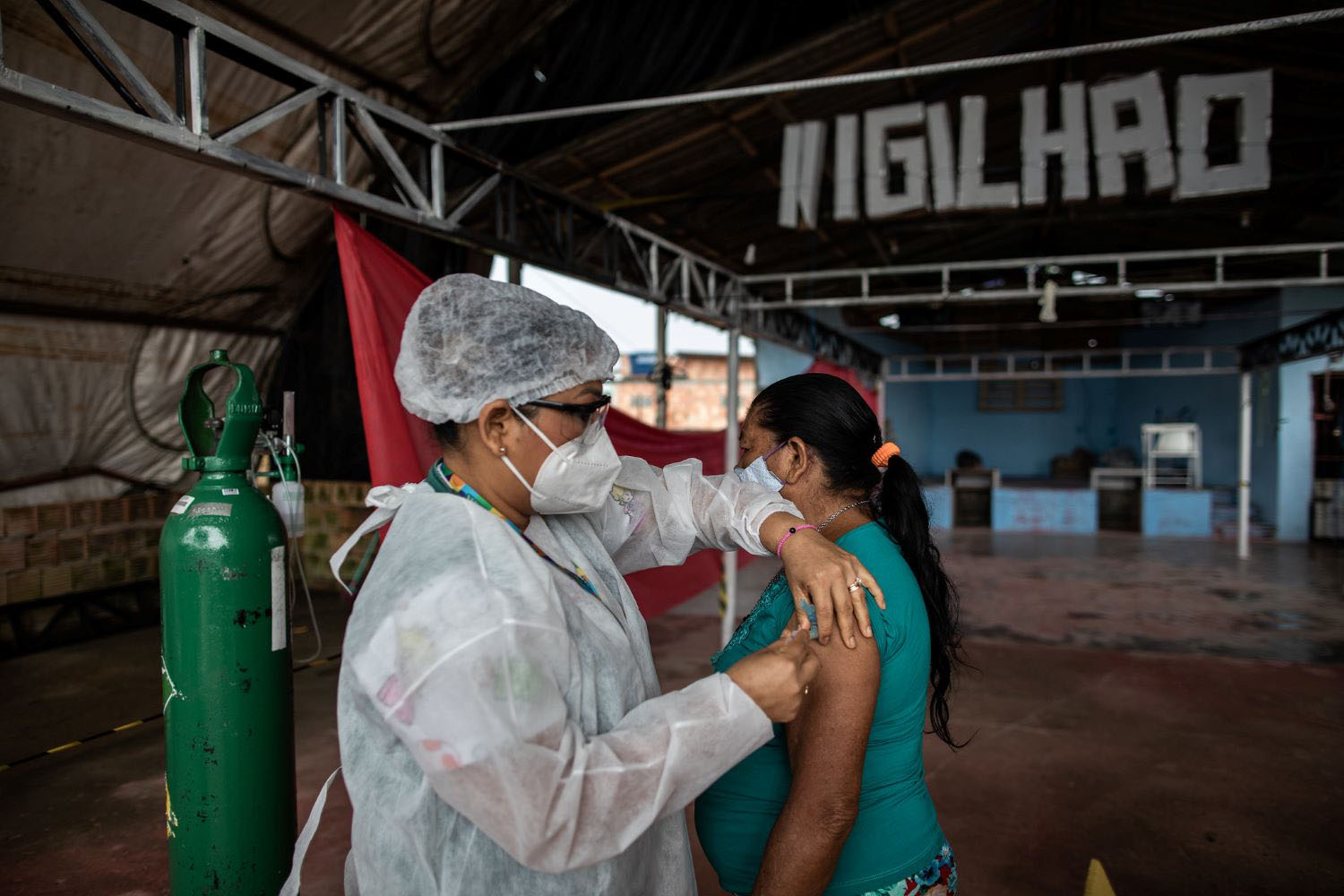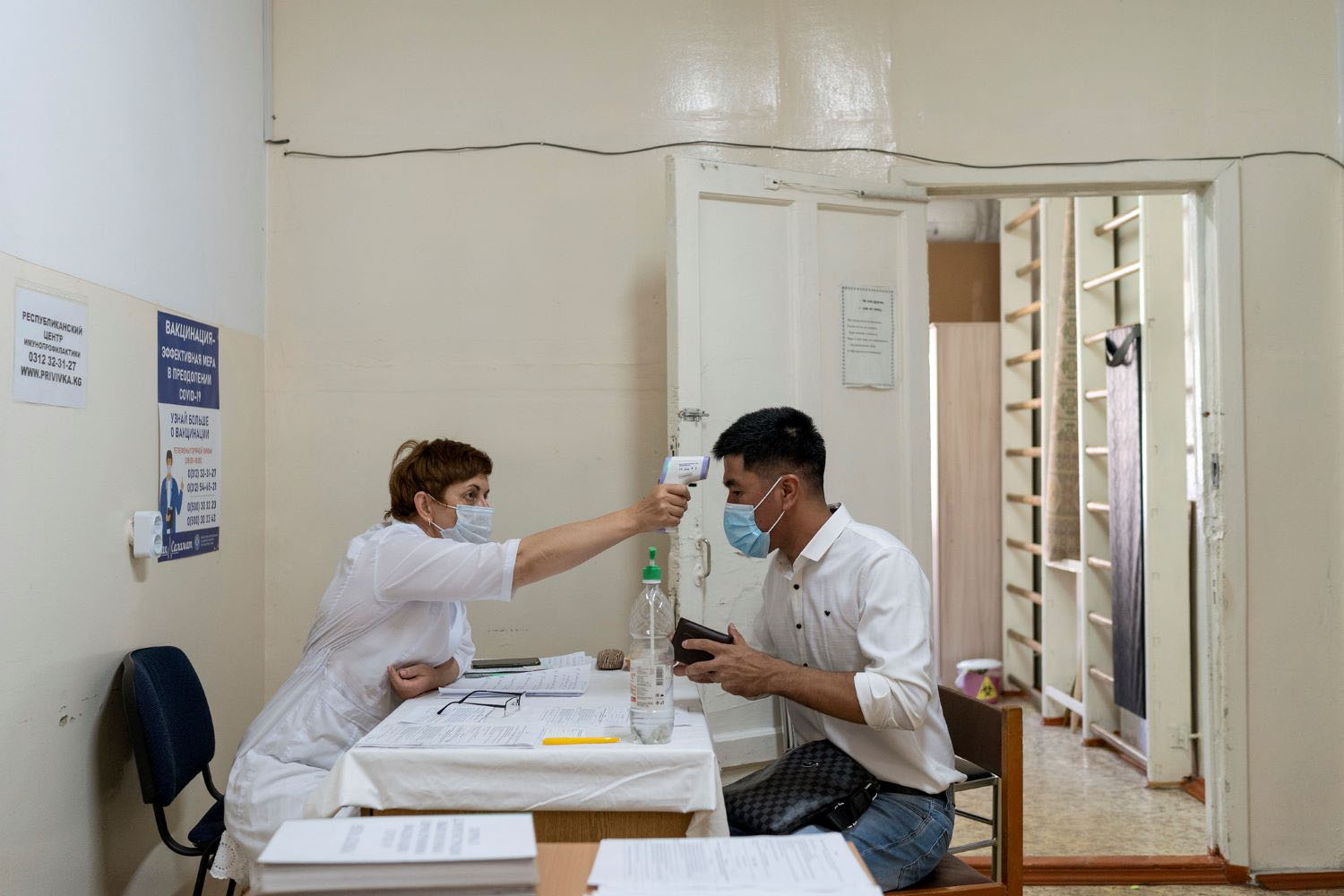Andrew Farlow replies in today's FT to my letter earlier this week. Andrew says:
There is a consensus that committees are not especially good at such things. They would be incapable of setting contract terms for vaccines a long time in advance that did not risk heavy revision later, struggle to provide incentives for "quality" and follow-on innovation, fail to ensure long-term supply and affordability given the lack of competition and access to intellectual property and know-how at critical stages, and generate high investment risk for biotechs and reputational risk for large pharmaceutical companies.
Sir, Andrew Jack ("Rich world divided over health of poor", June 17) is right to state that there is an intense debate about how best to find cures for mass killer diseases, and the role of "advance purchase commitments" (APCs), even if some, such as Owen Barder (Letters, June 21), argue that this debate is all over.There is a "clear consensus" that both public and private players are needed, but manipulating this to support APCs for HIV, malaria and tuberculosis vaccines, and the associated finance and intellectual property arrangements, as Mr Barder does on behalf of the Center for Global Development (CGD), is to stretch the notion of "consensus". Until poor nations become rich enough to emulate rich nation markets, CGD-style APCs amount to committees controlling large pots of publicly provided subsidy, with disbursement across companies and "eligible" countries a long time after investments have been sunk. There is a consensus that committees are not especially good at such things. They would be incapable of setting contract terms for vaccines a long time in advance that did not risk heavy revision later, struggle to provide incentives for "quality" and follow-on innovation, fail to ensure long-term supply and affordability given the lack of competition and access to intellectual property and know-how at critical stages, and generate high investment risk for biotechs and reputational risk for large pharmaceutical companies. In sum, APCs would fail to replicate many standard features of markets, yet companies would face a great deal of risk.That APCs are potentially a powerful mechanism for HIV and malaria vaccines is based on hearsay. APCs have never been used for anything before, and investigating their "potential power" has been assiduously avoided by their promoters.As Mr Jack observes, the argument that without CGD-style APCs, vaccines would remain "stuck in the pipeline" runs counter to evidence. Ten to 15 potential malaria vaccines are working their way through initiatives such as the European Malaria Vaccine Initiative, and there is a respectable case to be made that properly funding these and similar initiatives, and basic research into vaccines, would generate a result much more quickly and efficiently than setting up a committee to drive everything through a complicated and risky APC at the end.Keys to past vaccine successes in developing countries were the presence of large procurement funds, access to technology and know-how, good regulatory standards in emerging economies, competition and low production costs and prices. All emphasis needs to be on purchase funds with these features, as part of a larger package of measures, and not on the entirely different APC instruments that Mr Barder and the CGD are heavily promoting.Andrew Farlow, Tutor in Economics, Oriel College, University of Oxford, Oxford OX1 4EW, UK
CGD blog posts reflect the views of the authors, drawing on prior research and experience in their areas of expertise.
CGD is a nonpartisan, independent organization and does not take institutional positions.





